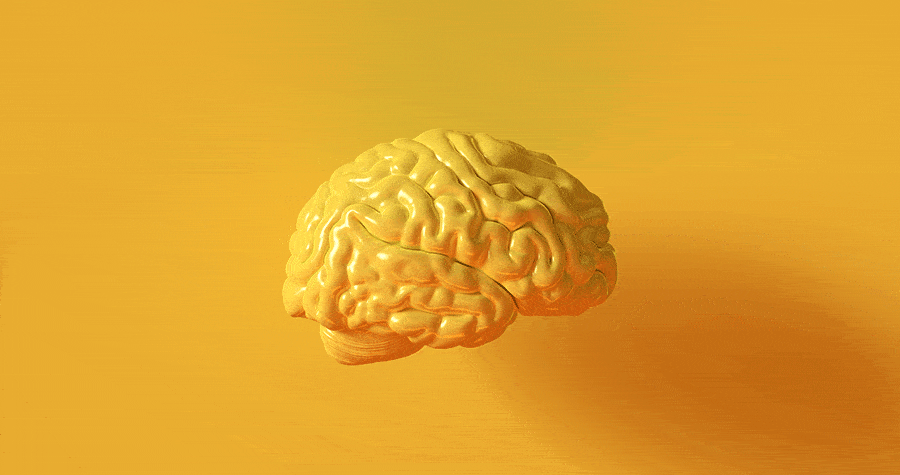Many of us worry about the specter of Alzheimer’s disease—either for ourselves or for a loved one. We can’t help but think that issues with word retrieval, names, and directions spell the start of a steady slide into oblivion and feel hopeless about the treatment options.
However, researchers have recently found that there is another form of dementia that may have been lumped in with Alzheimer’s. Scientists from an array of institutions funded by the National Institutes of Health (along with international colleagues) have recently identified what they call a pathway to dementia. It’s called LATE, or Limbic-predominant Age-related TDP-43 Encephalopathy, according to a report recently published in the journal Brain.
In LATE a certain protein is misfolded, which creates a form of dementia, interfering with cognitive processes like remembering and reasoning. Apparently, the latest research reveals that 25 percent of people over age 85 have enough misfolded TDP-43 protein to affect their memory and/or their ability to think proficiently.
Read More: Are Supplements That Claim to Maintain Cognitive Function a Bunch of Bunk?
Why LATE Is Worth Knowing About
Now, before you chalk this up to “Great, another thing to worry about when it comes to aging!” let us explain why this is important news. While progress is being made in the care for Alzheimer’s disease, there has been no huge breakthrough in terms of a cure. This discovery regarding LATE may mean that research needs to target different processes and causes in dementia, rather than assuming that Alzheimer’s is to blame.
Not all of the people we thought had Alzheimer’s have it.
“Recent research and clinical trials in Alzheimer’s disease have taught us two things: First, not all of the people we thought had Alzheimer’s have it; second, it is very important to understand the other contributors to dementia,” said Nina Silverberg, Ph.D., director of the Alzheimer’s Disease Centers Program at the National Institute on Aging.
In the past, many participants enrolled in clinical trials for Alzheimer’s treatments were probably not positive for amyloid, the protein associated with Alzheimer’s. They may well have had LATE, a different kind of dementia, so they were not good subjects for the study. Now, more specialized research can be done on both Alzheimer’s and LATE, hopefully leading to viable treatments sooner. While we’re not able to end dementia yet, this news marks an important step along that path.
Read More: New Research About Diet, Exercise and Brain Function





















0 Comments